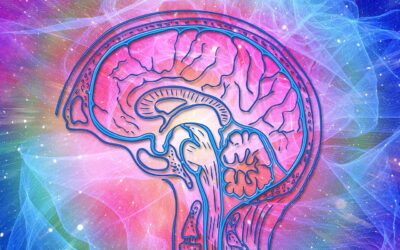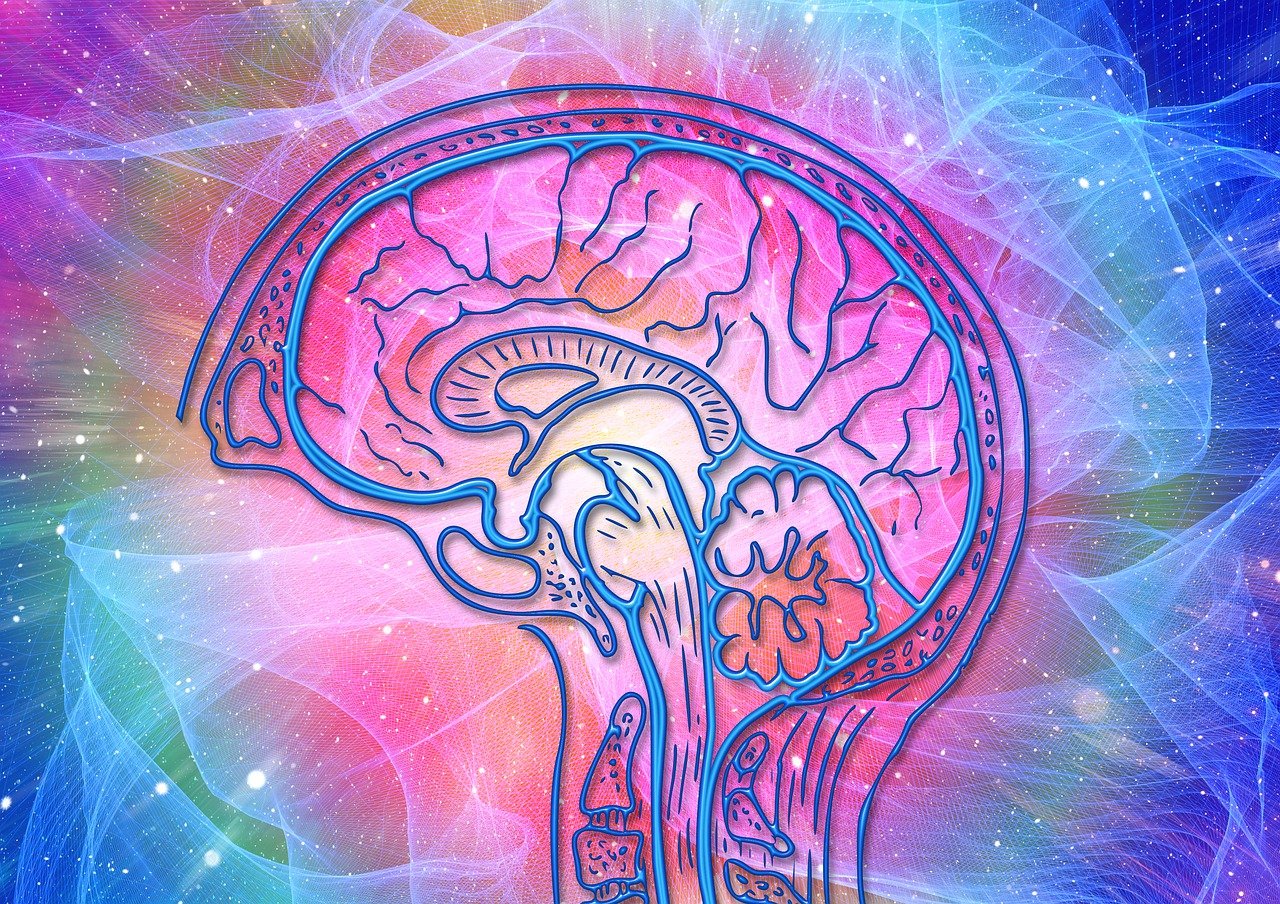Should AI Make Life & Death Healthcare Decisions? The Benefits and Risks
As artificial intelligence (AI) continues to advance, its role in healthcare is expanding rapidly. One of the most contentious areas is the potential for AI to assist in or even make critical healthcare decisions, including those involving life and death. This prospect offers both promising benefits and significant risks that healthcare providers, tech companies, and policymakers must carefully consider.
The Promise of AI in Critical Care
AI systems have shown remarkable capabilities in certain healthcare applications, offering potential benefits in critical decision-making scenarios:
Rapid Data Analysis
AI can process vast amounts of patient data, including medical history, lab results, and real-time vital signs, much faster than human clinicians. This speed could be crucial in emergency situations where every second counts.
Pattern Recognition
Machine learning algorithms excel at identifying subtle patterns that might escape human notice. This capability could help predict patient deterioration or identify optimal treatment plans based on similar historical cases.
Reduced Human Error
AI systems don’t suffer from fatigue, emotional stress, or cognitive biases that can affect human decision-making, potentially leading to more consistent and accurate assessments in critical situations.
Resource Optimization
In mass casualty events or resource-constrained settings, AI could help triage patients more efficiently, potentially saving more lives overall.
The Risks and Challenges
Despite these potential benefits, entrusting AI with life and death decisions raises significant concerns:
Lack of Contextual Understanding
AI systems, while powerful, lack the nuanced understanding of individual patient circumstances, family dynamics, and ethical considerations that human clinicians bring to critical decisions.
Data Bias and Fairness
If trained on biased historical data, AI systems could perpetuate or exacerbate healthcare disparities, potentially leading to unfair treatment decisions based on factors like race, gender, or socioeconomic status [1].
Accountability and Liability
Determining responsibility when AI-assisted decisions lead to adverse outcomes presents complex legal and ethical challenges.
Loss of Human Touch
Critical care decisions often involve emotional and psychological factors that AI systems are not equipped to handle, potentially leading to a perceived lack of compassion in end-of-life care.
Overreliance on Technology
There’s a risk that healthcare providers might become overly dependent on AI recommendations, potentially eroding their own critical thinking skills over time.
Striking a Balance: The Hybrid Approach
Given both the potential and pitfalls, many experts advocate for a hybrid approach where AI assists rather than replaces human decision-making in critical care:
AI as a Decision Support Tool
AI systems can provide rapid data analysis and recommendations, but final decisions remain with human clinicians who can incorporate ethical considerations and patient preferences.
Explainable AI
Developing AI systems that can explain their reasoning is crucial for building trust and allowing clinicians to evaluate AI recommendations critically.
Continuous Monitoring and Auditing
Regular assessment of AI system performance, including checks for bias and errors, is essential to ensure ongoing safety and efficacy.
Ethics Committees
Involving ethics committees in the development and deployment of AI systems for critical care can help address complex moral questions and ensure alignment with medical ethics principles.
Regulatory and Policy Implications
The use of AI in critical healthcare decisions necessitates careful regulation and policy development:
Clear Guidelines
Regulatory bodies need to establish clear guidelines for the development, testing, and deployment of AI systems in critical care settings.
Transparency Requirements
Policies should mandate transparency in AI decision-making processes and require healthcare providers to disclose the use of AI in critical decisions to patients and families.
Liability Frameworks
New legal frameworks may be needed to address liability issues in cases where AI plays a role in adverse outcomes.
Ethical Standards
Developing standardized ethical guidelines for AI in healthcare, particularly for life and death decisions, is crucial for responsible implementation.
The Path Forward
As AI continues to evolve, its role in critical healthcare decisions will likely grow. The key to harnessing its benefits while mitigating risks lies in:
- Ongoing research to improve AI capabilities and address current limitations
- Collaborative efforts between healthcare providers, AI developers, ethicists, and policymakers
- Comprehensive training for healthcare professionals on the use and limitations of AI in critical care
- Public engagement and education to build understanding and trust in AI-assisted healthcare
The question of whether AI should make life and death healthcare decisions doesn’t have a simple yes or no answer. Instead, the focus should be on how to integrate AI into critical care responsibly, enhancing rather than replacing human judgment.
As this technology advances, healthcare organizations must thoughtfully navigate the integration of AI, balancing innovation with ethical considerations and patient trust. Those who successfully strike this balance will be at the forefront of improving critical care outcomes while upholding the fundamental human elements of healthcare.









